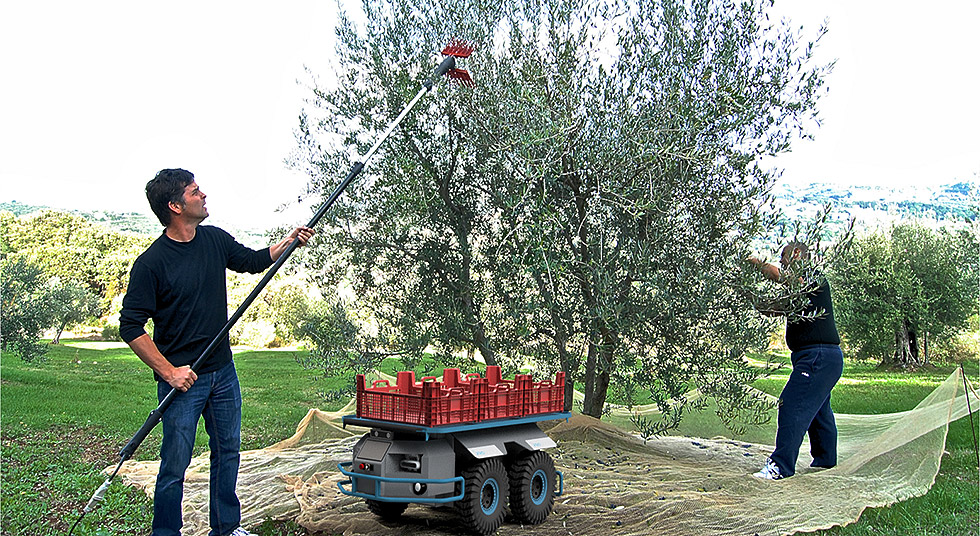
Innovation and improvement is essential in any industry, and in modern agriculture it is more needed than ever before. Implementation of new technologies such as robotics, computer vision, and machine learning will be a major contributor to a worldwide change in agriculture. Farm work will be reshaped by reducing input costs and workload while significantly increasing efficiency and yield per acre.
With the world population expected to reach 9 billion by 2050, food production will have to be substantially increased. As arable land and farmers’ work capacity are limited, the growing demand will need to be met with more efficient land cultivation and an additional workforce.
We are continuously searching for new ways to address these challenges, and to provide farmers around the world with the best personalized solutions.
With the use of remote sensors, autonomous driving robots can monitor plant health, soil quality, temperature, and other relevant parameters. This can help farmers improve crop protection, including disease, weed, and insect management. With machine vision technology, farmers can make use of agricultural robots to determine whether the crops are ready for harvesting.
Human labor can also be better managed by automating tasks such as weed picking, spraying, growth monitoring, sorting, and packing.
By harnessing new developments in these areas, our innovations aim to:
- increase yield per acre
- reduce the environmental impact of farming
- make farming more efficient by enabling farmers to make smarter decisions






